Ten years ago, I was going through my cancer treatment. I was in turmoil, my future uncertain. And the world, that had so involved me, was going on, as if it didn’t notice.
At the time of my diagnosis, I’d been carrying a backpack full of stressors. Like rocks they suddenly scattered at my feet. At the moment, I had to concentrate on being brave and tolerant and saving my life. If I lived through this, I would later decide what to pick up.
Sheltering in place has served up a flashback. Except, this time, the outer world is in turmoil. Some people have stopped for a while. Others don’t believe there is any reason to.
Since my cancer was related to the HPV virus, my hope has been that the world might better understand viruses, how capricious and nondiscriminatory they are. That they don’t have morals. They don’t see your value, your humanity. Unseen, they just do what they do to proliferate.
Since my cancer diagnosis, I have let go of a lot – my job, my boyfriend, my exceptionalism, my victimhood. Navigating the medical system with a cancer that is rare and stigmatized became a full time job. Speaking out empowered me, even as I approached each follow-up scan, exam and lab test with a haunting PTSD. Death always seemed right around the next corner. Statistics that seem to be in my favor mean little. I got a cancer that is two in a hundred thousand. I know I’m an outlier. I never feel totally safe, nor do I take anything for granted.
Which brings me to our pandemic. And it is ours. The invisibility of a virus is real, and so without question or resentment, I have sheltered. The rocks I have picked up since my cancer treatment, are more like bubbles. But they keep me busy none-the-less. And it is that busyness that I have let go of. Don’t get me wrong. I am still occupied, but the calls now come from inside, from a place in my soul that had been asking for a little more precious time.
Loss forces change. It encourages us to examine what we’re made of and to define what we value. Sometimes these insights light up as epiphanies. Sometimes they trickle in as small moments while we’re baking bread, hearing a bird’s song or remembering what is feels like to be hugged.
I once heard a hospice nurse quip that no one on their death bed says, “I wish I had watched more television.” Each of us will emerge from this once-in-a-century adventure having a gleaned a different lesson. Is the message that no one is going to tell me what to do? Is it that, I thought it was serious, but I was on my last nerve and wanted out? Is it that I learned a new skill, zeroed in on a long-forgotten talent? For me it is to again let go of what I don’t have control over, to embrace relationships and conversation, and, yes, once again to contemplate mortality.
This pandemic is inconvenient and elusive. It can’t be fought with guns or words. It can only be partially mitigated. The devil is in the details. Accept or deny. Shelter or socialize. Distance. How far? How long? Go virtual. Mask, no mask or half-mask? Each day we are defining who and what we love and value. And we wait, not always patiently.
My cancer diagnosis felt like a ticking clock. How long I will be here? And as I suffered through, I lost perspective. Time became fluid, and I wondered who I even was before this was thrust upon me.
It’s not unlike a pandemic – scary, painful, boring, demoralizing, frustrating, unfair and unpredictable. You may never feel totally safe. You may never again take your life for granted. My wish is that we will emerge with wisdom, gratitude and hope.
It won’t always be like this.
June 30, 2020

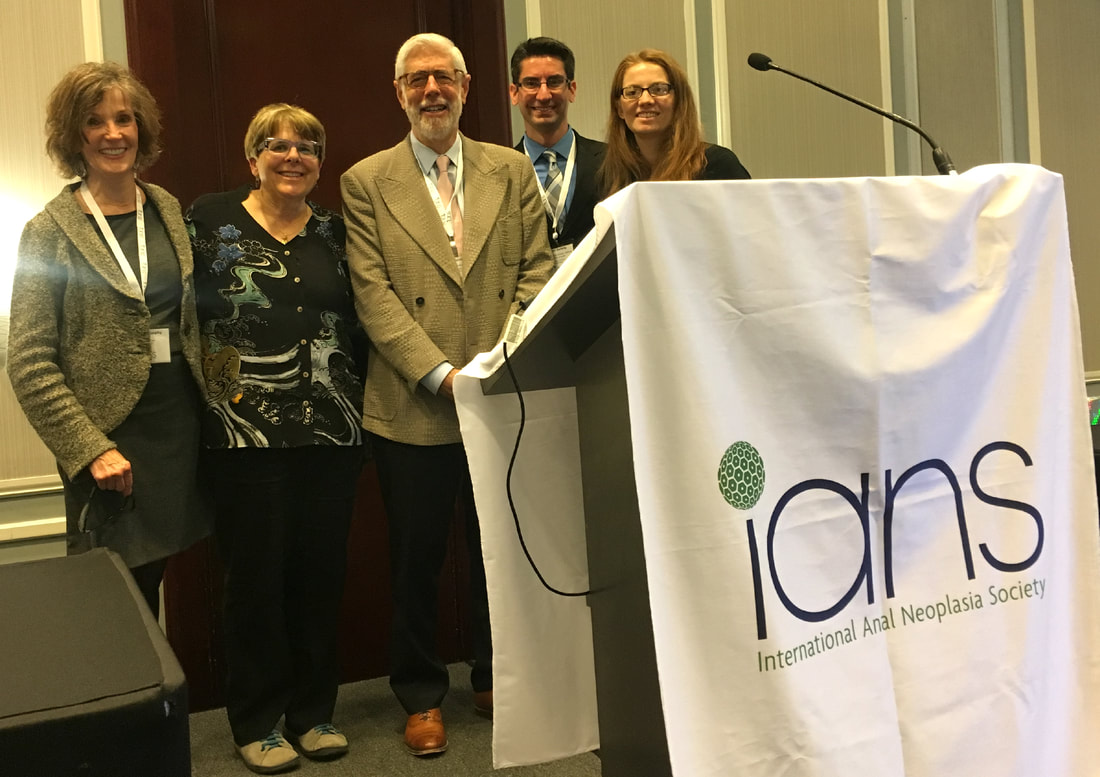
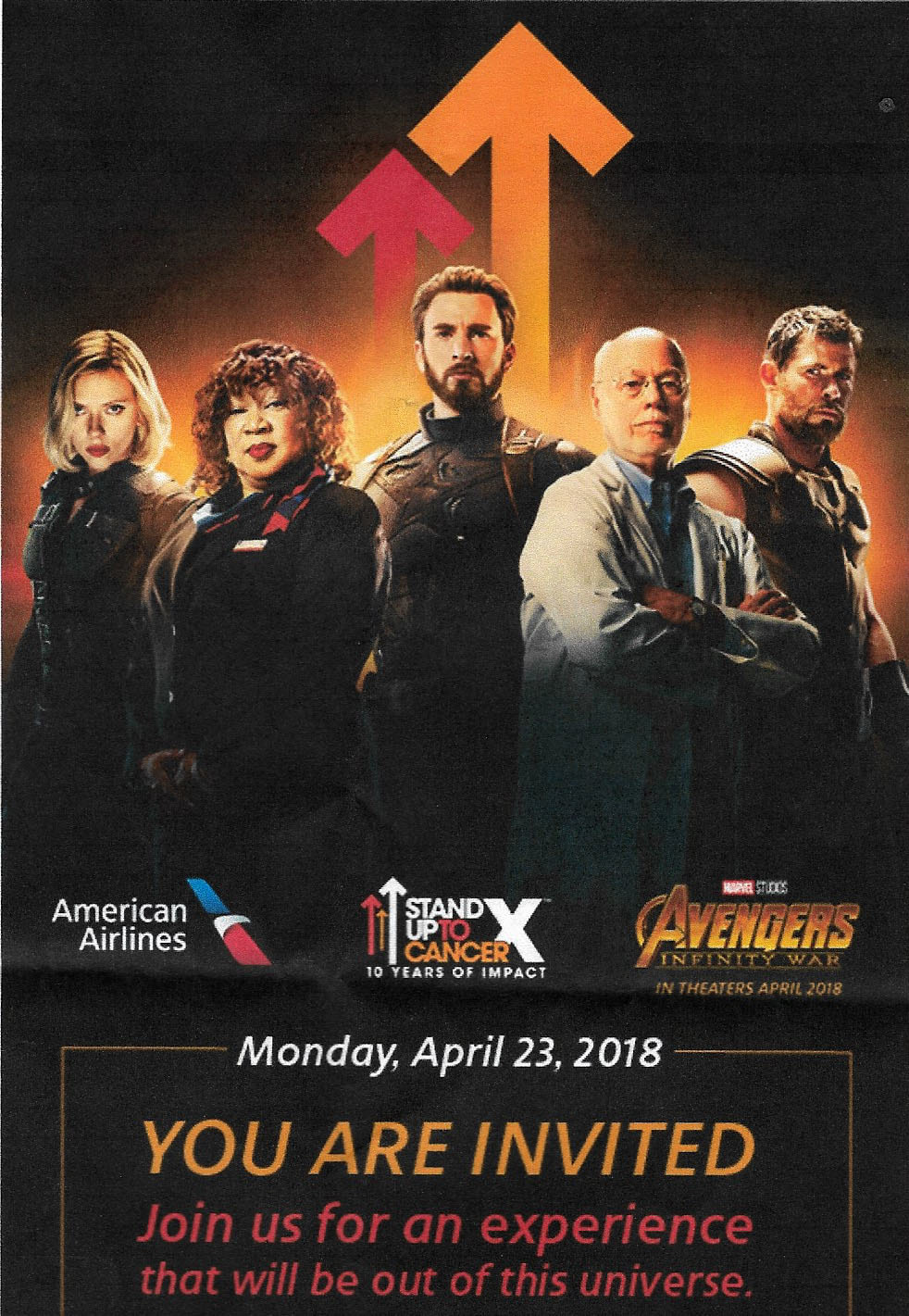
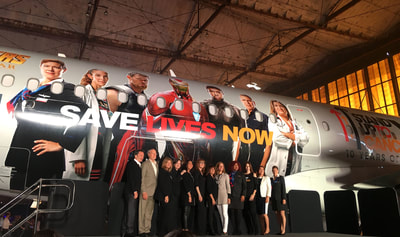
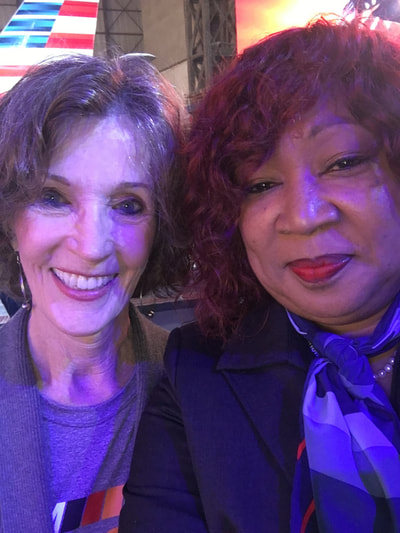
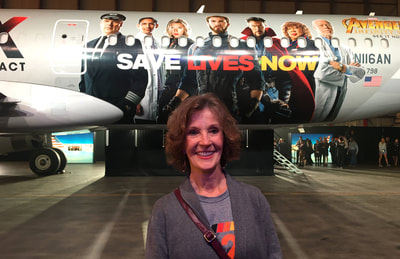
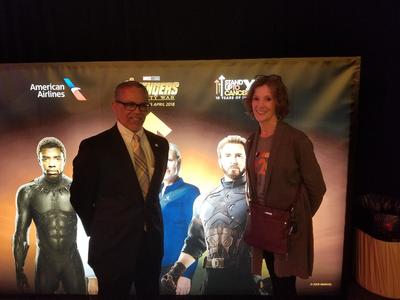
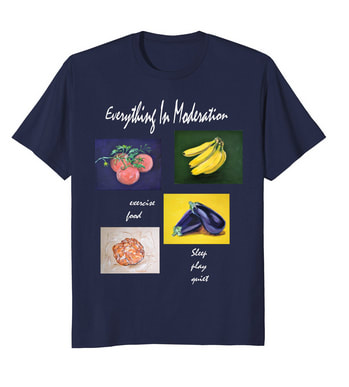

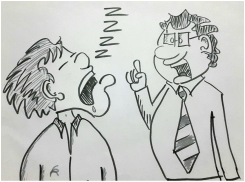
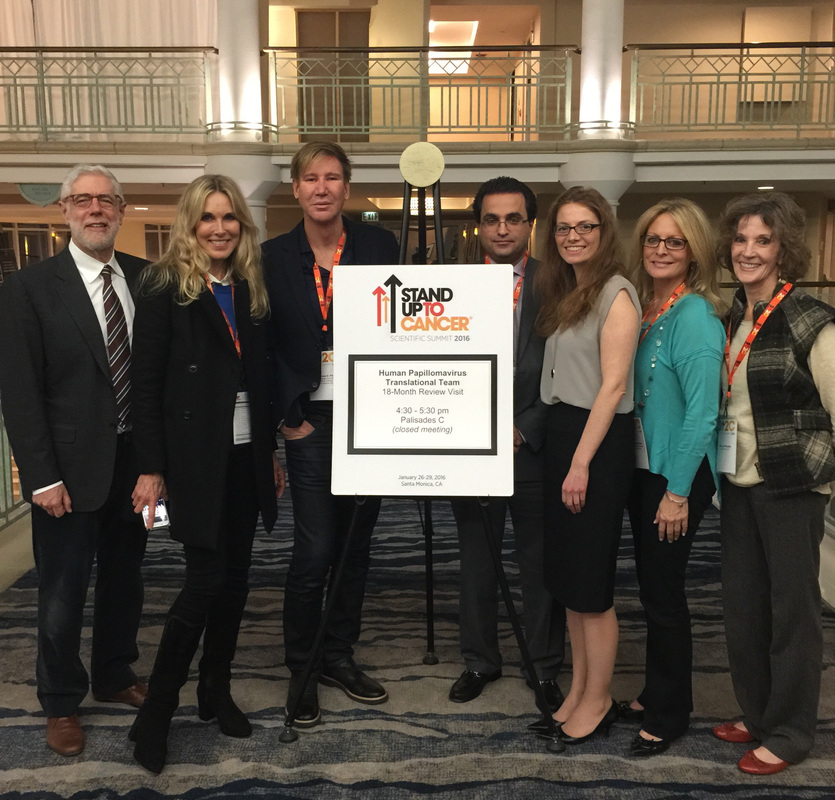

 RSS Feed
RSS Feed
